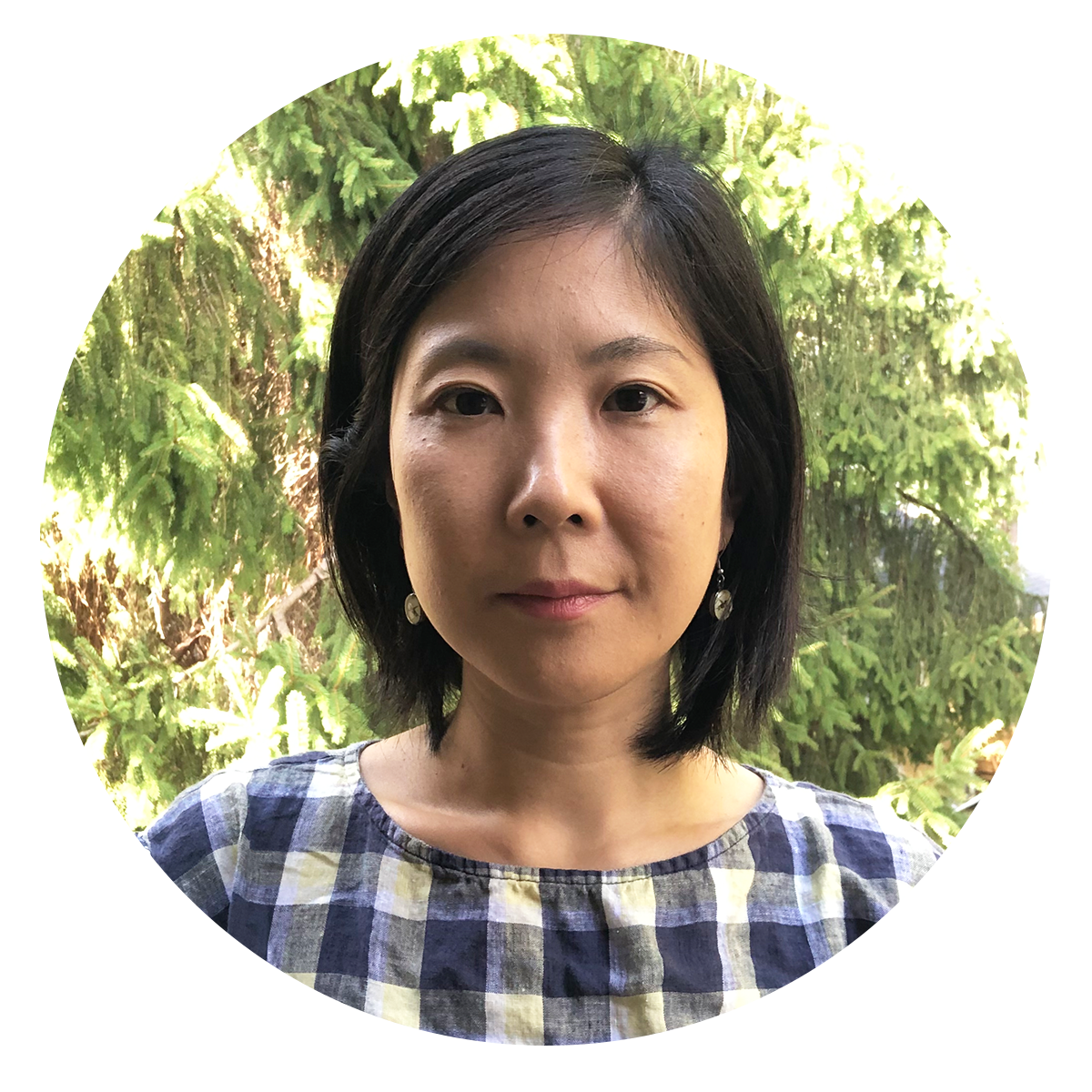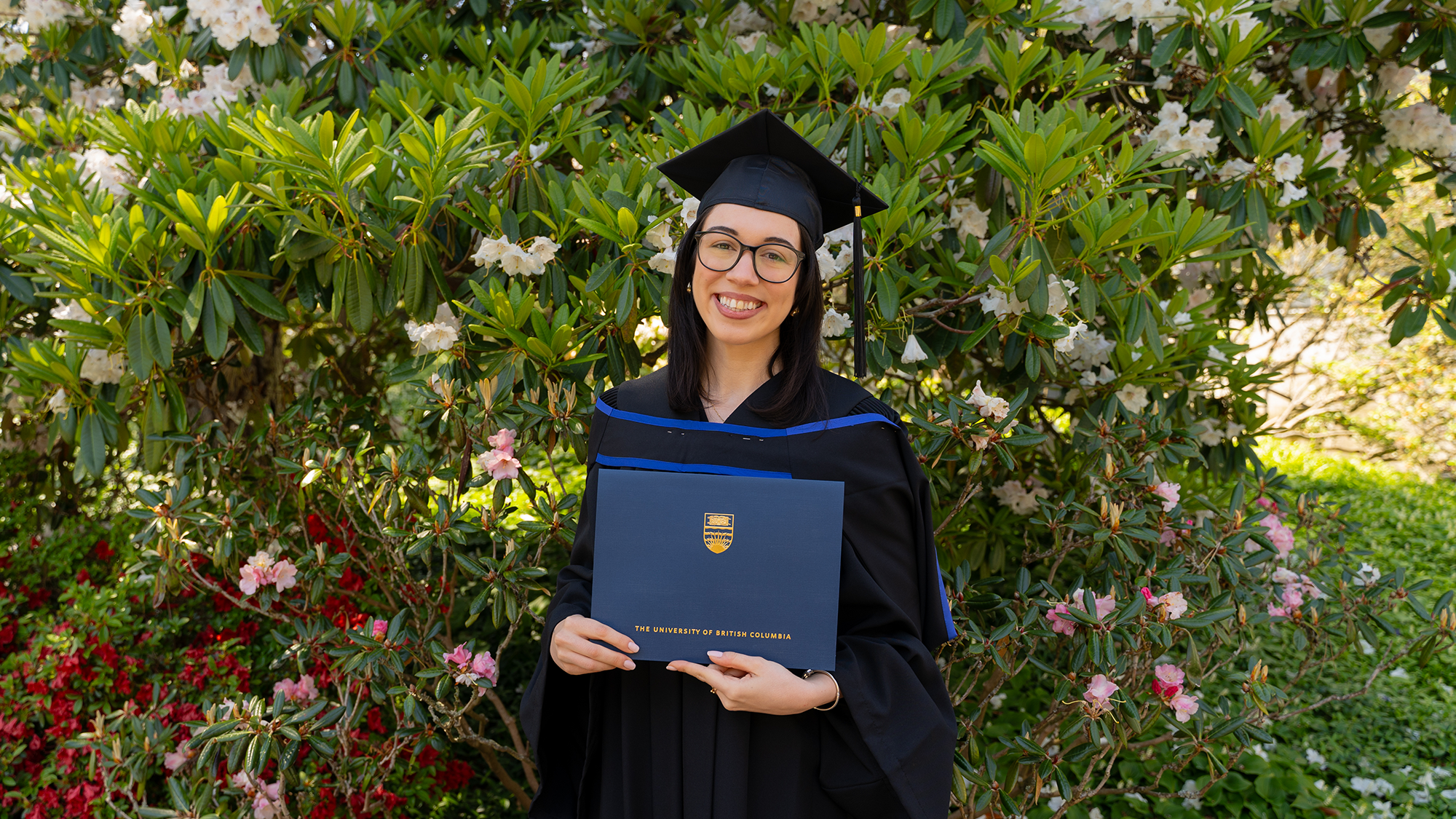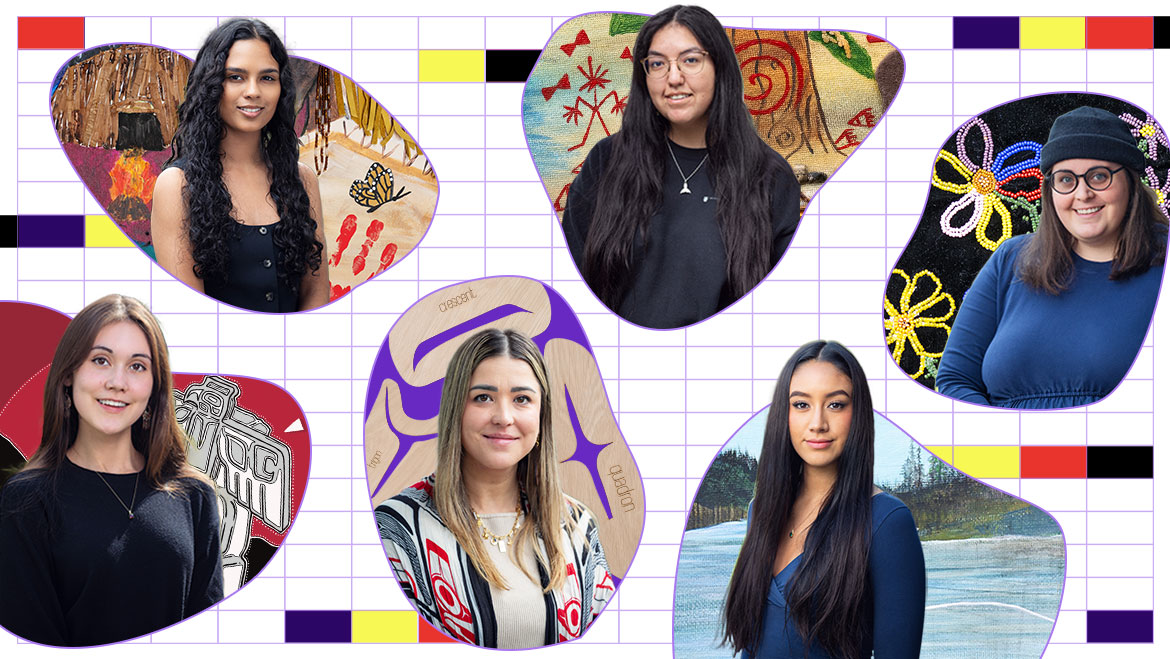

By Ayaka Yoshimizu, assistant professor of teaching for the Department of Asian Studies.
What is “translanguaging” and what does it mean? At its origin, “trans” means across, over, through, and beyond. With the verb ending in “-ing,” you might imagine a language-related activity that involves movement across linguistic borders. In a nutshell, translanguaging is an act of integrating multiple languages from your linguistic repertoire when expressing yourself.
If you grew up in a multilingual household, you’ve probably been translanguaging all your life at home. If you’re an international student from a country where non-English language(s) is/are spoken and find yourself talking to another student from the same country, you are very likely translanguaging English and your first language(s) without even realizing it.
Let’s take this a step further. You might be more familiar with the terms “code-switching” or “code-mixing.” While these terms are very similar to—and can overlap with—translanguaging, there are some differences in underlying assumptions. While the idea of code-switching or code-mixing assumes that a speaker switches back and forth between two or more discrete and separate languages, translanguaging as a concept often acknowledges the fluid and transformative nature of language and questions the borders that are arbitrarily drawn between language forms and signs. With this understanding, we come to see that any named language(s) are always already hybrid. Translanguaging is a process that facilitates and embraces the hybridization, diversification, and transformation of language—it is a very creative and beautiful practice.
In recent years, translanguaging has been employed by many language instructors as an effective approach to enhance student learning. For example, instead of enforcing the “target-language-only” policy in the classroom, “local” or student’s first language(s) may be used as part of the instructions or class activities to teach and learn the target language.
Despite the fact that Canada is a country that implements multiculturalism as an official policy, if you live in British Columbia and speak English as an additional language (EAL), you may still feel insecure about English not being your mother tongue, especially in a public setting like university. In fact, Canada has a long history of implementing mono-lingualist and anti-translanguaging education as part of broader colonial assimilation policies. Indian Residential School was the cruelest and the most negatively impactful example, as it intended to eliminate Indigenous cultures and traditions by prohibiting, shaming, and stigmatizing the use of Indigenous languages. This was among many other genocidal measures that were implemented. From this history, we know that English has been used as a tool for colonization and how damaging the suppression of one’s traditional and ancestral cultures and languages are to people. And yet, structurally, culturally, epistemically, and psychologically, we have not walked away from assimilationist assumptions and attitudes today.
These can still manifest in the university system and your everyday experience on campus. By virtue of using English as the primary language in most university-run courses and on-campus events, the use of non-English languages takes a back seat as a result. While having a shared language is necessary for practical reasons, your fluency in English has real impacts on your life beyond simply allowing you to communicate with people with different linguistic backgrounds. Language is never neutral or equal, nor is it separable from other facets of your identity and experience. Abilities to fluently execute that shared language (i.e., English) makes a person sound, read, and feel more “intelligent,” “knowledgeable,” and generally “competent.” These abilities may directly affect your transcript and future career. They may also determine how and whether your voice is heard in making important decisions.
“Translanguaging should not become another way to erase the history and current practices of hən̓q̓əmin̓əm̓ oral tradition but rather to support its revitalization.”
If you’re an EAL learner, like I am, you may have received “awk”* in the margins of your paper, indicating that your writing does not look “English enough.” But as you live outside of the country or region where your first language(s) is/are spoken and have less opportunities to use your first language(s), you may also start to feel insecure about your competency in those languages too. This is exactly what I feel about my language performance, that is, I’m not good enough in communicating in any language.
What if we rethink what may appear as “awkward” English as a product of translanguaging—as a new, hybrid language? What if we reimagine your knowledge of non-English language(s) as an important asset instead of worrying about not being “good enough” in English? In fact, I’m most comfortable and confident when I translanguage. What if we treat your hybrid language as a language in its own light? How can we foster a translanguaging space on campus? How do you want your knowledge of non-English languages to be treated in the classroom? While we may not have an answer for these questions, it is worth exploring different possibilities to turn the multilinguistic reality that already exists on campus into an opportunity to promote linguistic justice in and beyond the university. Such transformation must take place as we move toward decolonization.
*Note: AWK is an abbreviation for the term awkward. It is an informal way for reviewers or editors to provide critical feedback.


Ayaka Yoshimizu is an Assistant Professor in the Department of Asian Studies. Her research is concerned with transpacific media and cultures, migration and memory, sensory and performance ethnography. As an Educational Leadership faculty, she is interested in developing decolonial and anti-racist approaches to teaching, curriculum development, and international education. Ayaka lives and works on the traditional, ancestral, and unceded territories of the xwməθkwəy̓əm (Musqueam), Stó:lō and Səl̓ílwətaʔ/Selilwitulh (Tsleil- Waututh) Nations.


